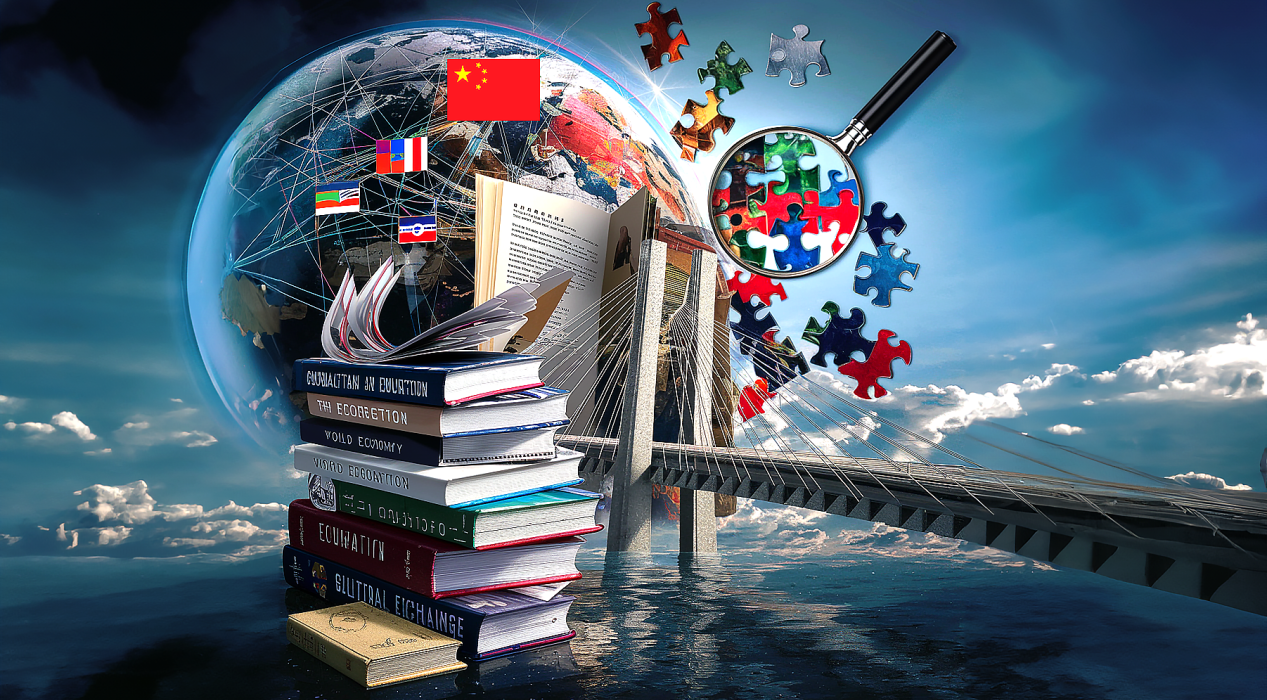The Importance of Global Education Exchanges in Expanding Horizons

Global education exchanges are invaluable opportunities that allow students to explore different cultures, enhance their academic experience, and prepare for success in a globalized world. Study abroad programs and cultural exchange initiatives provide more than just academic benefits—they offer immersive experiences that broaden perspectives, foster empathy, and build lasting international relationships. These exchanges are crucial in developing well-rounded, globally aware individuals capable of navigating and contributing to an interconnected society.
One of the primary benefits of global education exchanges is the exposure to diverse cultures. Students who participate in international programs engage with different cultural practices, languages, and traditions, helping them break down stereotypes and build a deeper understanding of the world. This exposure nurtures global citizenship by encouraging students to appreciate and respect cultural differences, promoting peace and cooperation across borders.
In addition to fostering cultural awareness, global exchanges enhance personal growth and independence. Living in a foreign country often requires students to adapt to new environments, manage challenges, and become more self-reliant. This sense of independence boosts confidence, problem-solving abilities, and resilience—traits that are invaluable in both personal and professional life.
Academically, global exchanges provide unique opportunities for students to experience different education systems and learning styles. Exposure to diverse teaching methods and perspectives enriches their academic knowledge and deepens their understanding of subjects. Moreover, studying in international environments allows students to develop a broader intellectual outlook, as they gain insights from professors and peers with diverse viewpoints and experiences.
Language acquisition is another significant advantage of global education exchanges. Immersion in a foreign country provides students with the opportunity to learn or enhance their proficiency in a second language. This linguistic ability is a highly sought-after skill in today’s job market, opening doors to international career opportunities and enhancing communication in an increasingly global workforce.
Global education exchanges also contribute to the development of transferable skills such as adaptability, intercultural communication, and global networking. These skills are crucial in a world where collaboration across borders and cultures is the norm. Whether it’s working on international teams, participating in cross-cultural projects, or engaging with global issues, students who have participated in exchanges are better equipped to thrive in diverse environments.
Beyond academics and career development, global education exchanges create lasting memories and friendships that span the globe. Students form connections with peers from different countries, which can lead to lifelong friendships and professional networks. These relationships enrich students’ lives and provide a broader, more global perspective on the world.
However, the benefits of global education exchanges are not without their challenges. Adapting to a new culture, language barriers, and the initial feeling of isolation can be daunting for many students. Institutions and program organizers must provide adequate support, including pre-departure orientation, cultural sensitivity training, and in-country assistance, to help students navigate these challenges and make the most of their experience.
In conclusion, global education exchanges play a vital role in expanding students’ horizons, both academically and personally. By providing exposure to new cultures, languages, and global perspectives, these programs foster global citizenship, critical thinking, and a sense of interconnectedness. As education systems increasingly prioritize global learning, students who participate in exchanges are better prepared to succeed in an interconnected, diverse world. Through these transformative experiences, they not only enrich their own lives but also contribute to a more understanding and cooperative global society.










